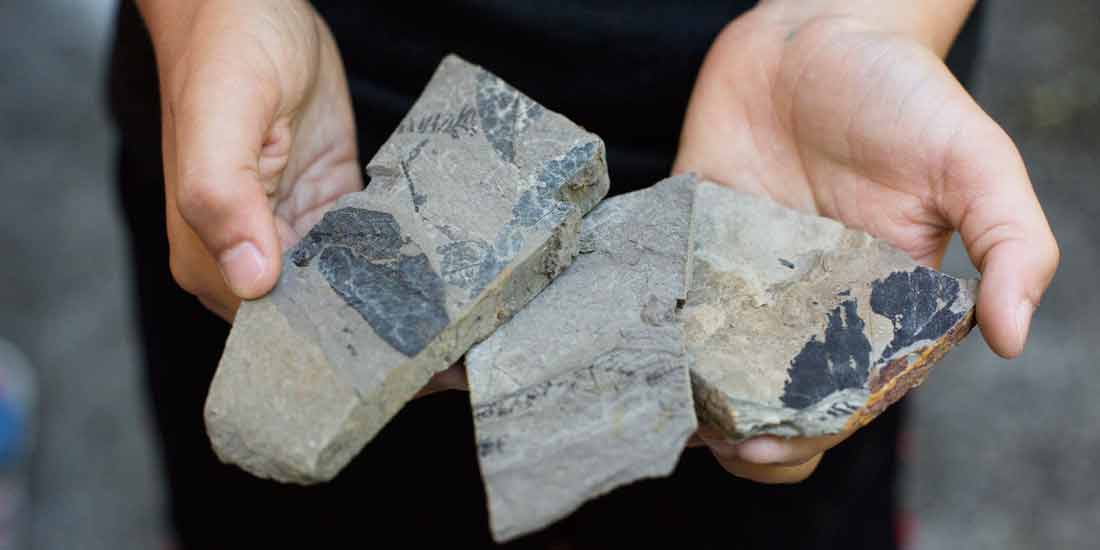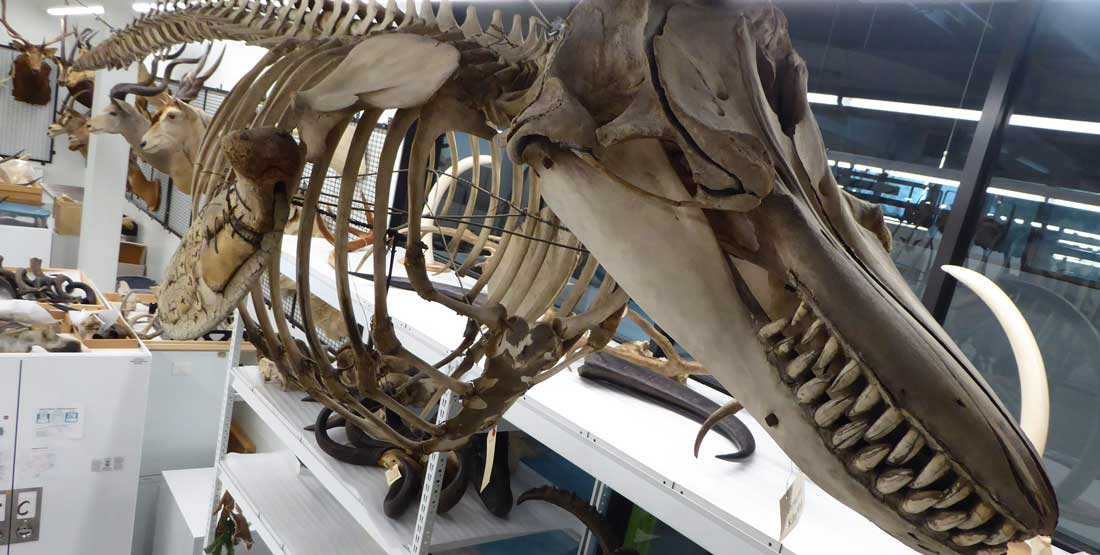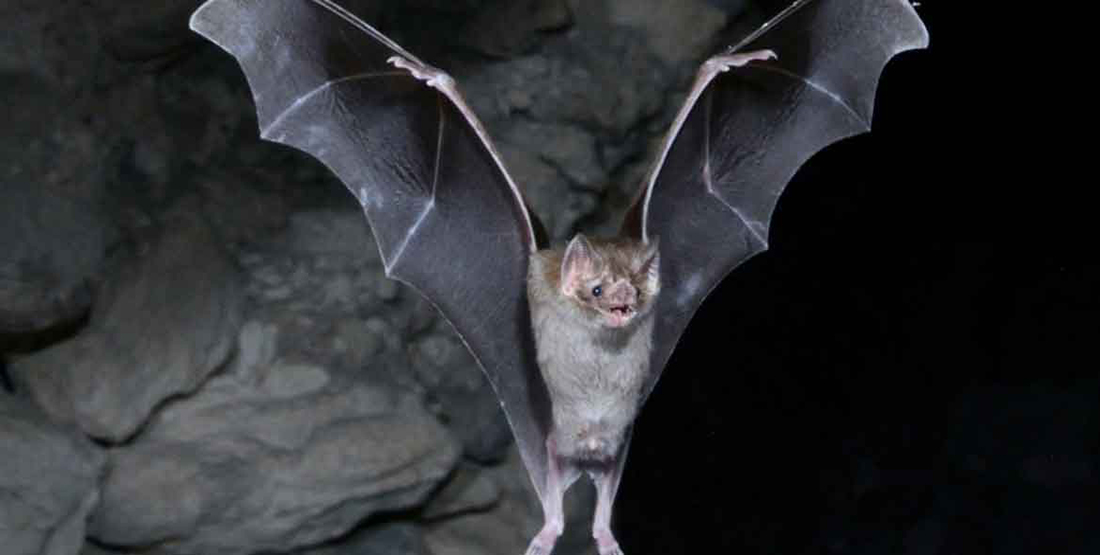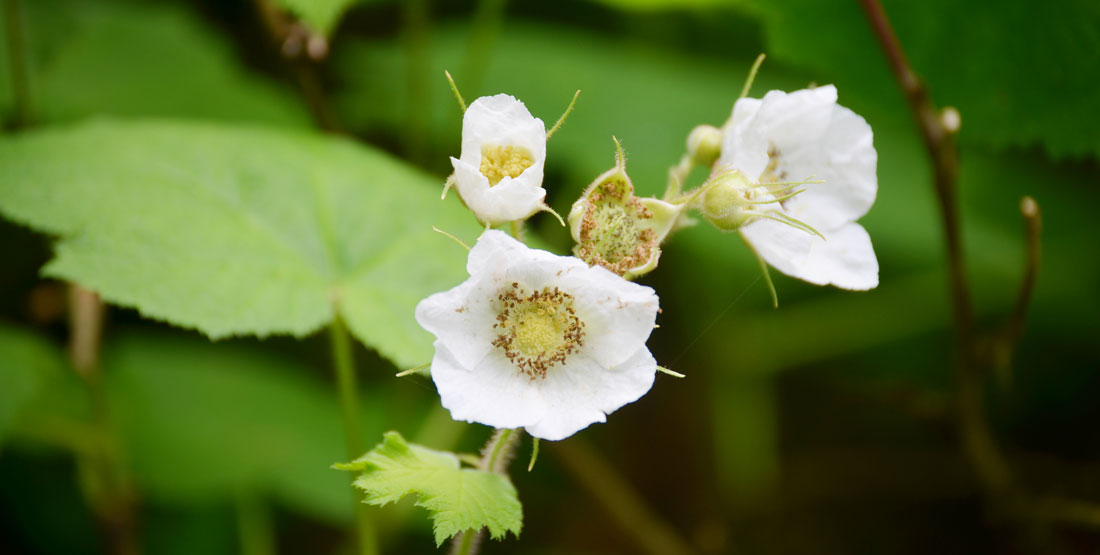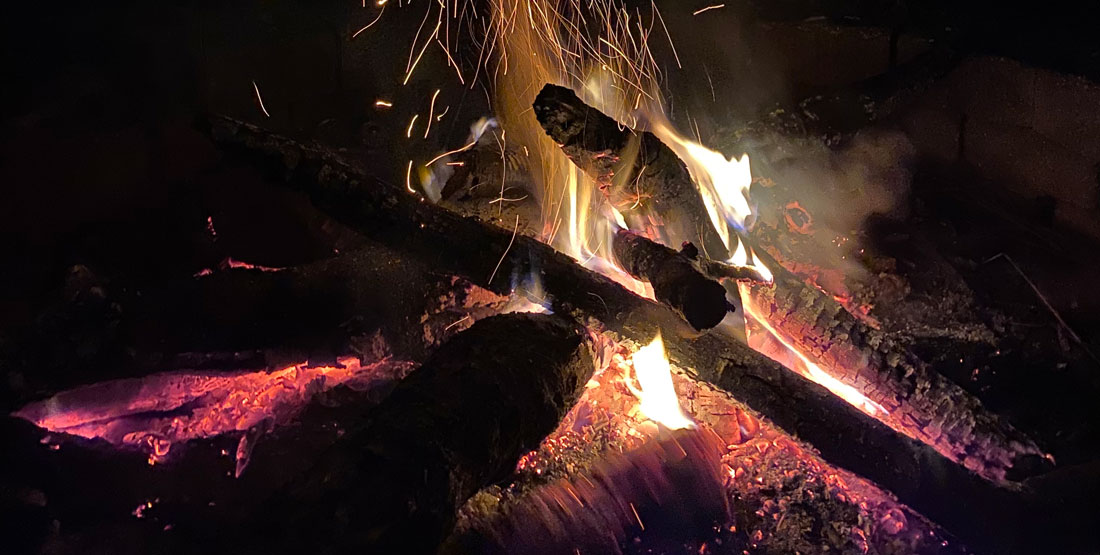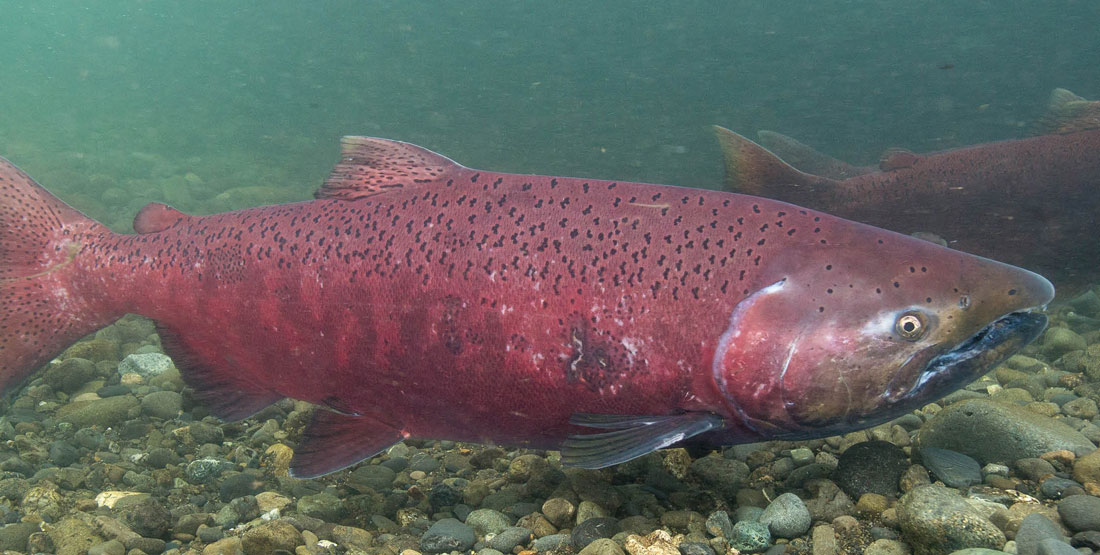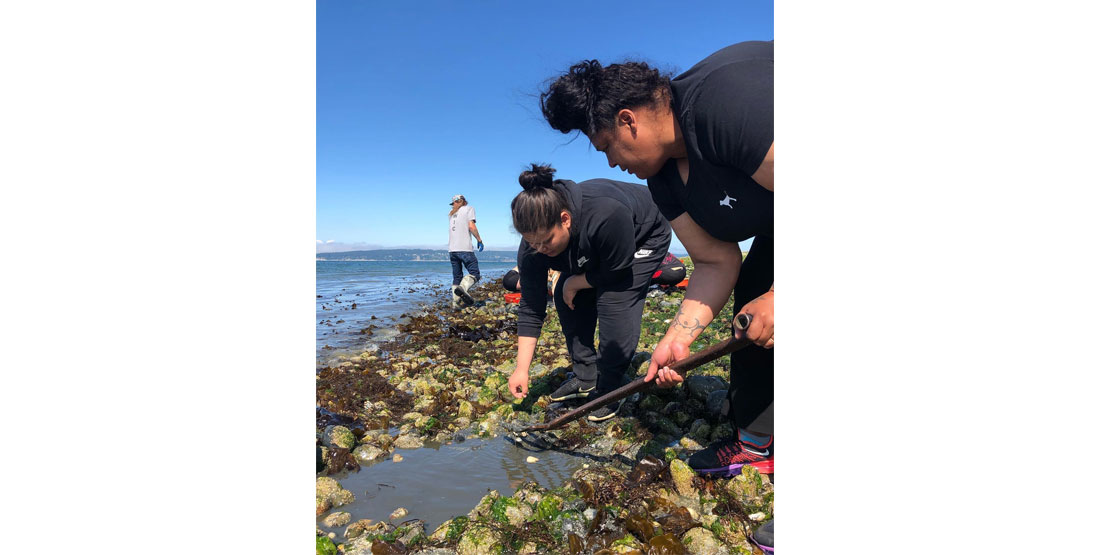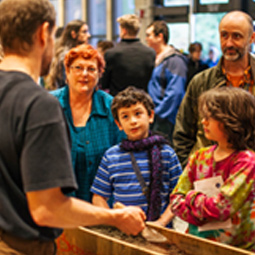Mesozoic Monsters
Whales
Comparative Anatomy
Dino Environments
Plants in the Age of Dinosaurs
Posted: April 26, 2020
Plants
Storytelling
Fish
Home
Food
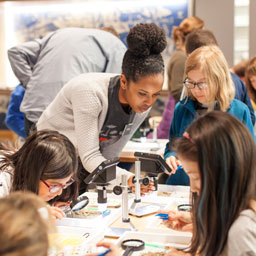
Support Education
Your gift supports high-quality science and cultural programs for students of all ages in Washington state and innovative programs for the entire community.
